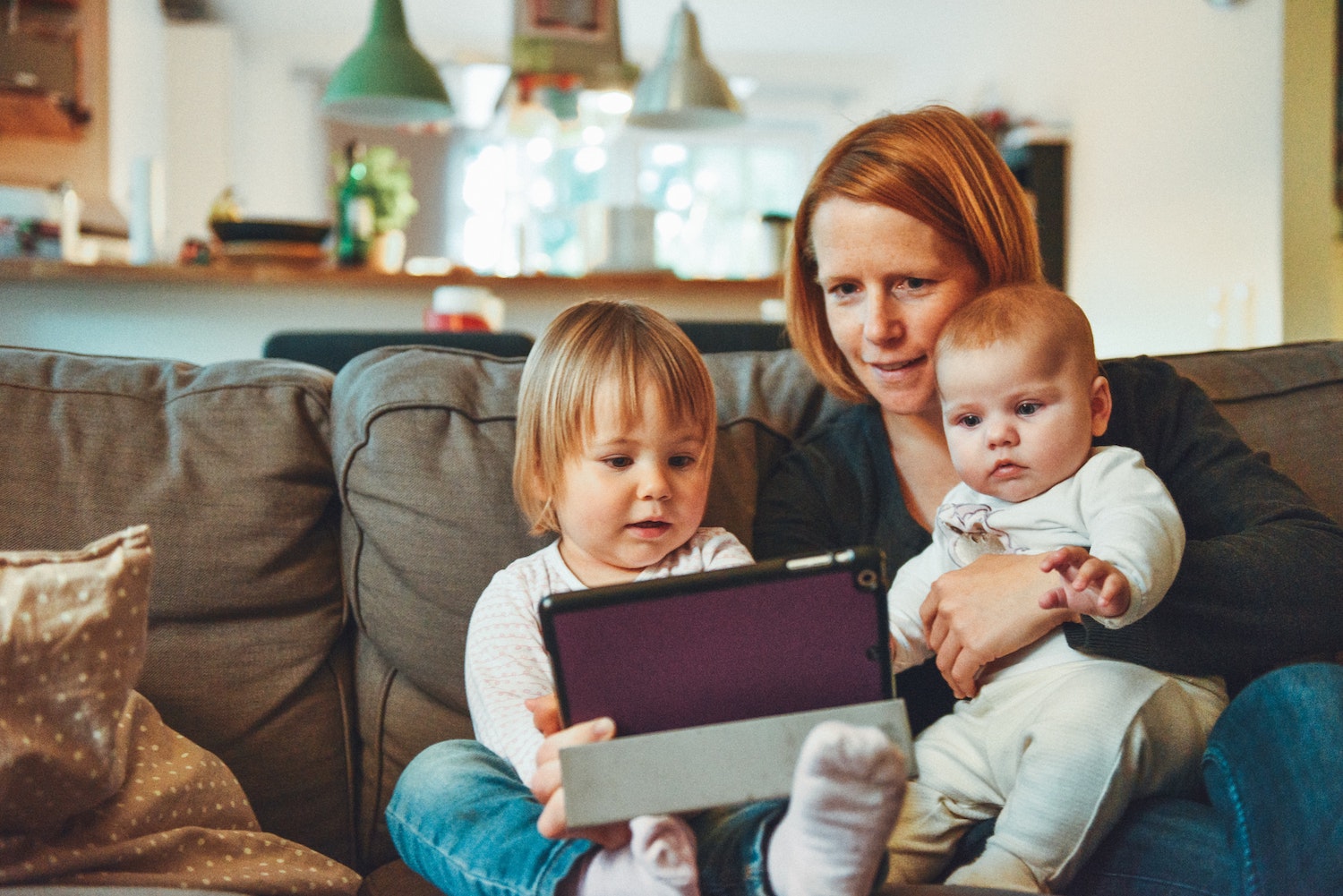It all starts with clean hands and cool heads.
Wash your hands. Don’t touch your face. Cough into a tissue that you immediately discard. Stay home.
By now, we’ve all heard the advice from government and health officials regarding COVID-19, also known as the coronavirus, but when it comes to safeguarding yourself and your children, proper hygiene — and a sense of calm — go a long way.
This is a fast-moving and ever-changing challenge, so I have been telling parents to check in with cdc.gov for updated information. In addition, there are some pieces of universal advice that I hope can be helpful in answering parents’ most pressing questions.
How would I know if my child has COVID-19?
Symptoms in children are generally mild and look a lot like the common cold: fever, runny nose, cough and some gastrointestinal symptoms such as vomiting and diarrhea.
What treatments are available if my child develops COVID-19?
As of this writing, there are no antiviral drugs recommended or licensed by the U.S. Food and Drug Administration for COVID-19.
While it’s natural to plan for what to do in case a family member becomes ill, I have been reminded that parents take the more effective route of preventing disease, rather than treating it. Cover coughs with elbows or tissues, wash hands with soap and warm water for at least 20 seconds (long enough to sing “Happy Birthday” twice) or use an alcohol-based hand sanitizer, and stay current on vaccinations, including the flu shot.



